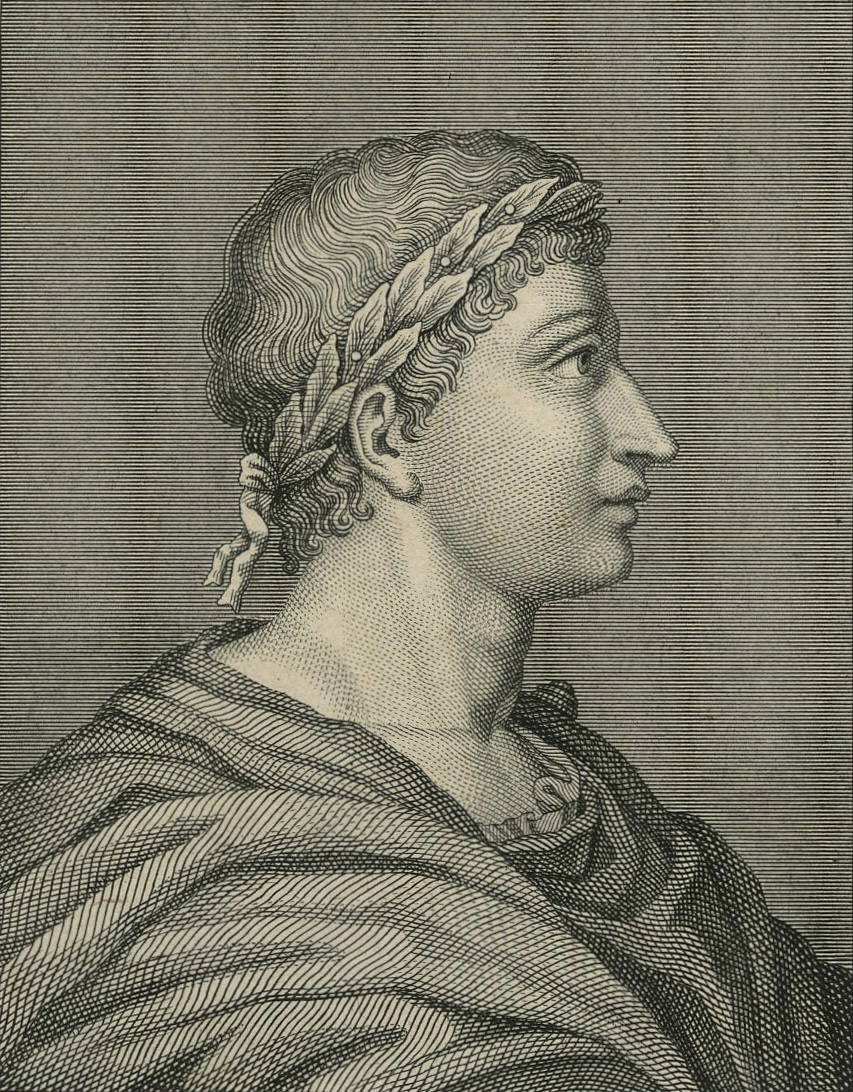
The “History of Rome” written by Livy is one of the most prolific sources of early Roman history and mythology. Livy was born in 59 B.C. and passed away in about 14 A.D. Although his perspective was pro-Republic, Livy wrote the work around the time of Emperor Augustus when the Republic was dying. Livy was not anti-Augustus and was not advocating for the restoration of the Republic, but rather was making a throwback to the beginnings of Rome.
Acknowledging the weakness of historical writing, Livy said his book was more like the work of poets. Continuing, he explained that historians mix human actions with the divine to defend the dignity of the origin of stories and advised to choose stories that make sense and avoid evil, adding that wealth leads to moral degradation over time and corrupts societies. Livy ignored the poets’ practice of prayers to the gods, insisting that Man or gods did not decide the origin of Rome, but that Fates decided destiny.
Driven by ambition, Romulus and Remus fought, causing the murder of Remus, through these actions Rome was founded. Romulus established a new legal order by inventing it with authority: himself and 12 lictors. He also created a new class of leaders: 100 senators, and told the people that they were the children of the soil. Planning the kidnapping of the young women in the region in order to populate Rome, Romulus conquered the parents and brothers who resisted and offered a sacrifice of the spoils to Jupiter, who had the first temple in Rome. Livy announced two deities as Rome’s defenders, ancient King Evander and Heracles who had covenanted together.
Ovid (43 B.C. to 18 A.D.) was a professional poet best known for “Metamorphoses” which consists of 15 books and 250 myths. Written in 8 A.D., it was an epic poem that extends from the creation of the world to the murder/deification of Julius Caesar in 44 B.C. A highly influential poem in the Middle ages, the book asserts that Chaos was the original source of everything. Gods or nature ended this strife and the outcome was peace. The creation was in stages; man was forged last, and the Creator was an unknown god. The strongest god, Jupiter, feared using thunderbolts against mankind because of “the day of fire when all perishes” so he used water to flood the earth instead. Nothing was spared except for Deucalion and Pyrra, who were protected due to their righteousness. They had no hope and sought counsel from a goddess, who told them to toss stones, which turned into humans.


